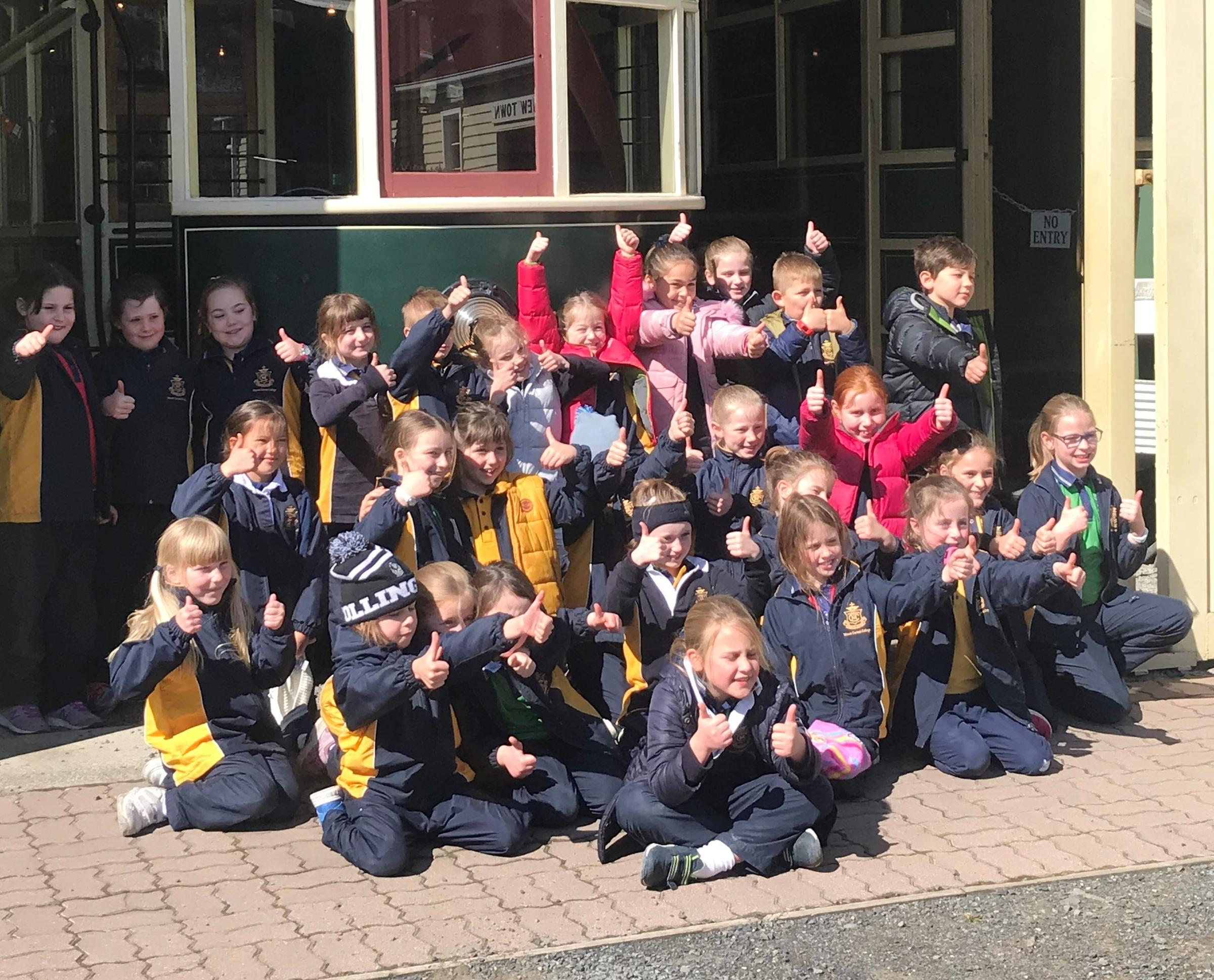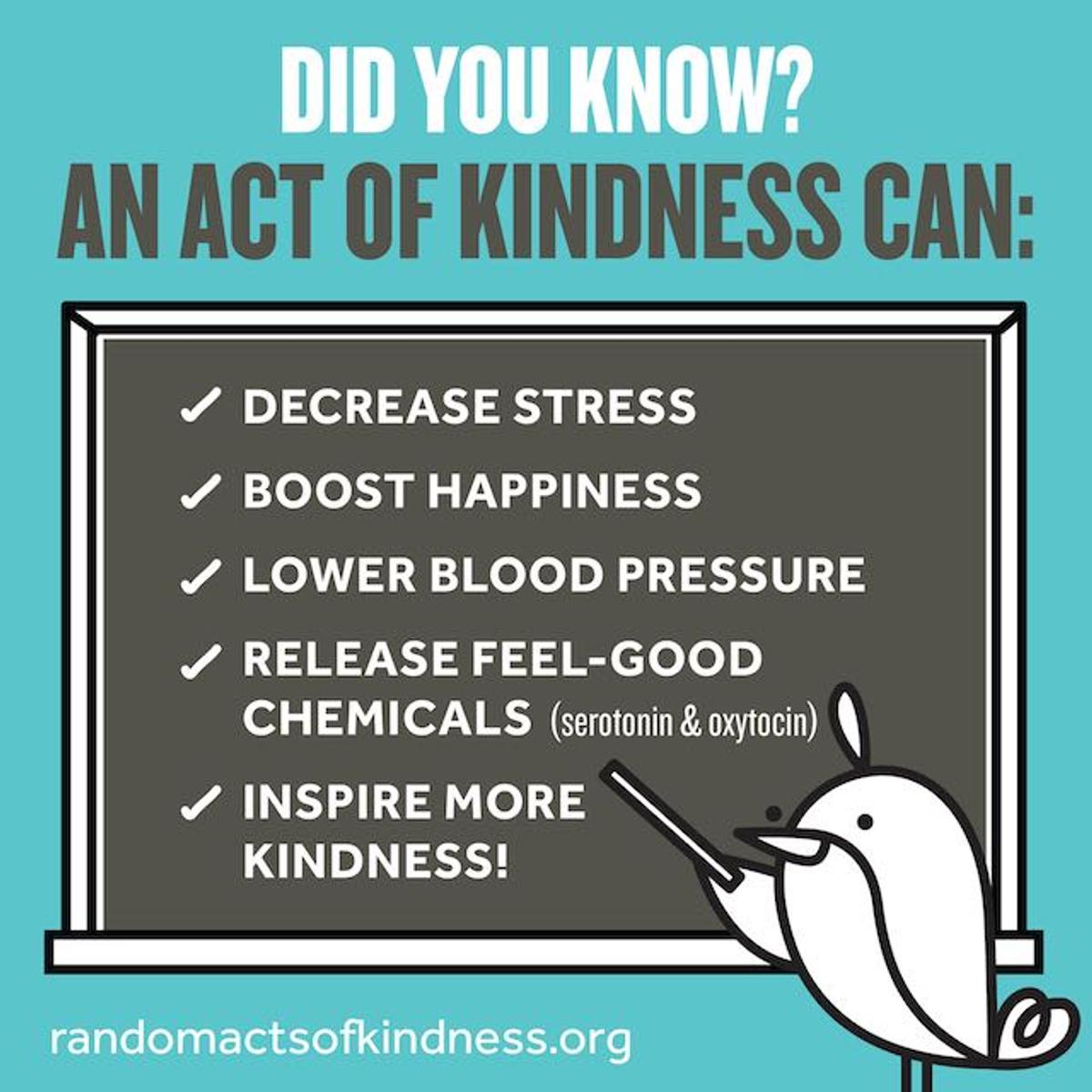From the Director of Primary

Not unsurprisingly, students thoroughly enjoy the opportunity to get out of the classroom and explore. This is certainly the case for the Year 6 students who are looking forward to next week’s five-day interstate trip to Canberra and Melbourne. During the year all classes have participated in a diverse range of excursions including the Year 2 students who enjoyed the Transport Museum on Tuesday and earlier today, the Kinders who ventured to Lambert Park for a bush experience.
Excursions are considered a compulsory part of the curriculum. They are an important means of complementing and enriching the learning that takes place in the classroom. They stimulate children’s interest and enthusiasm, and provide access to so many rich resources and experiences. The opportunity to learn about and see new things in a less structured environment cannot be underestimated. Furthermore, excursions are an opportunity to develop social skills where students are part of a group operating in a non-school environment. So many interpersonal skills are enriched including leadership, team work and trust and respect. Students are also encouraged to overcome limitations and grow in confidence.
Staff involvement is, of course, vital to every successful excursion and I would like to thank the Year 6 teachers and administrative staff for the enormous amount of work given to preparing the trip. I am confident that the students will make lifelong memories and we certainly look forward to hearing about their experiences upon their return to the College.
Focus of the Fortnight: Being Kind
For the final fortnight of the term the Year 5 and 6 Leaders are encouraging the students to be kind. Of course, one would hope that the students are always showing care for others through acts of kindness. However, research shows that parents tend to highlight their children’s happiness and achievements over their children’s concern for others.
So, what does this look like? The leaders are encouraging each class to construct a wall of kindness in all its shapes and forms. Addressing others respectfully, passing the ball to a teammate, standing up for another student, helping a peer with class work, having a classroom job are merely a few examples.
Research shows that there are many physical, emotional and mental health benefits associated with kindness. Acts of kindness help us form connections with others which are a strong factor in increasing happiness. They provide a sense of well-being, increase energy, and give feelings of optimism and self-worth. In turn, children with a positive outlook have greater attention spans and a more willingness to learn which is obviously better for improve learning outcomes.
“Kindness changes the brain by the experience of kindness. Children and adolescents do not learn kindness by only thinking about it and talking about it. Kindness is best learned by feeling it so that they can reproduce it.” (P O'Grady, PhD, an expert in neuroscience, emotional learning, and positive psychology.)

